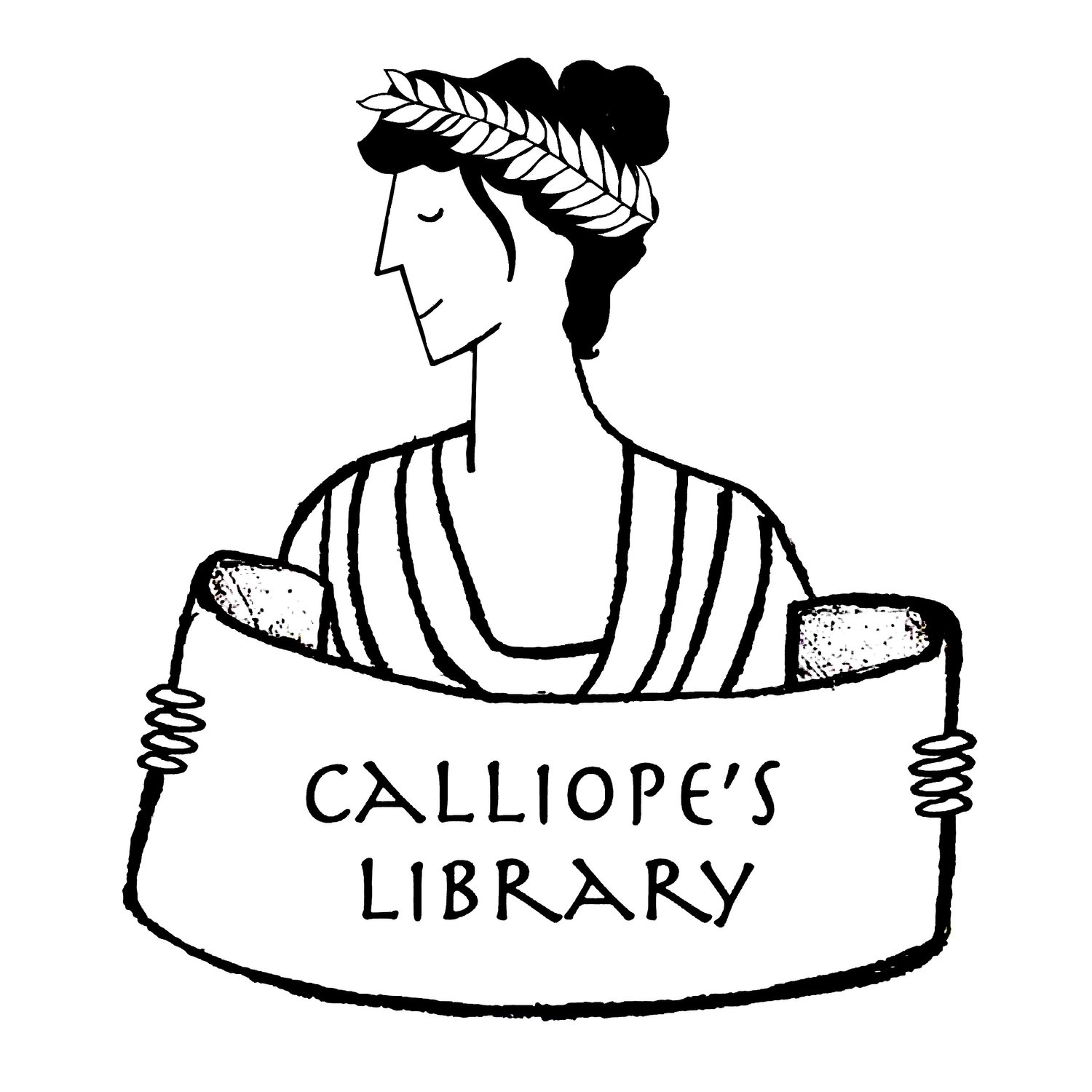Title: Truth with Socrates, Love with Plato, and Happiness with Aristotle. From the Big Ideas for Little Philosophers Series.
Author: Duane Armitage and Maureen McQuerry
Illustrator: Robin Rosenthal
Date: 2020-2021
Tags: 1+, Board Books, Greek History, Setting: Contemporary, Racially/Ethnically Diverse Character(s), Ability Diverse Character(s), Read Aloud
I never would have thought that it was possible to distill ancient philosophy down to something that is both comprehensible and relevant to preschoolers, but this series does it. Each book defines philosophy and introduces the philosopher on the first page. The rest of the book features a diverse cast of kids playing, exploring, and enacting situations that children might experience where each philosopher’s primary concepts might be relevant. There are also several full-page spreads of questions that prompt readers to discuss the ideas in the book and think about how to apply them in real life. The illustrations are a bit busy for the youngest children, but they’ll give toddlers and preschoolers plenty to talk about. The larger series also treats other philosophers, including Simone de Beauvoir, Descartes, and Confucius.
Truth with Socrates focuses on two central Socratic principles, the importance of truth and the need to ask questions. Socrates’s argument in the Apology that he values truth more than his own safety is expressed in kids being truthful even when they are ashamed or scared. The Socratic Method is explained as asking big questions about the world around you, like “Why am I here?” and “What’s the best way to treat people?” The book urges awareness of the self and others in a way that little kids can understand, and it encourages dialogue. There’s even a page that reads “What are some questions that you want to ask?” that could be used to give kids space to start difficult conversations.
Love with Plato focuses on Socrates’s speech from Plato’s Symposium. This dense, slightly risqué text converted into a kid-friendly form challenges readers to think about what goodness, truth, and beauty are by thinking about their own experiences. It even gives a solid Platonic definition of the soul and emphasizes the importance of loving and being loved for your true self. There is a nice, subtle message about not judging others based on appearances, too. This book is a great way to introduce the concept of tolerance at an early age.
Happiness with Aristotle is actually the second book in the whole series. It came out before the other two Greek philosopher books, and it spends more time walking the reader through Aristotle’s thought process. Aristotle, accompanied by a flower-decked lizard, introduces the reader to the joys of friendship and teaches the reader how to be a good friend. The message is more straightforward than in the other books, and it also has more practical applications. It is aimed at developing social skills, one of the cognitive milestones of its target audience. Of the three books about ancient philosophy in the series, this one is the most immediately applicable.


